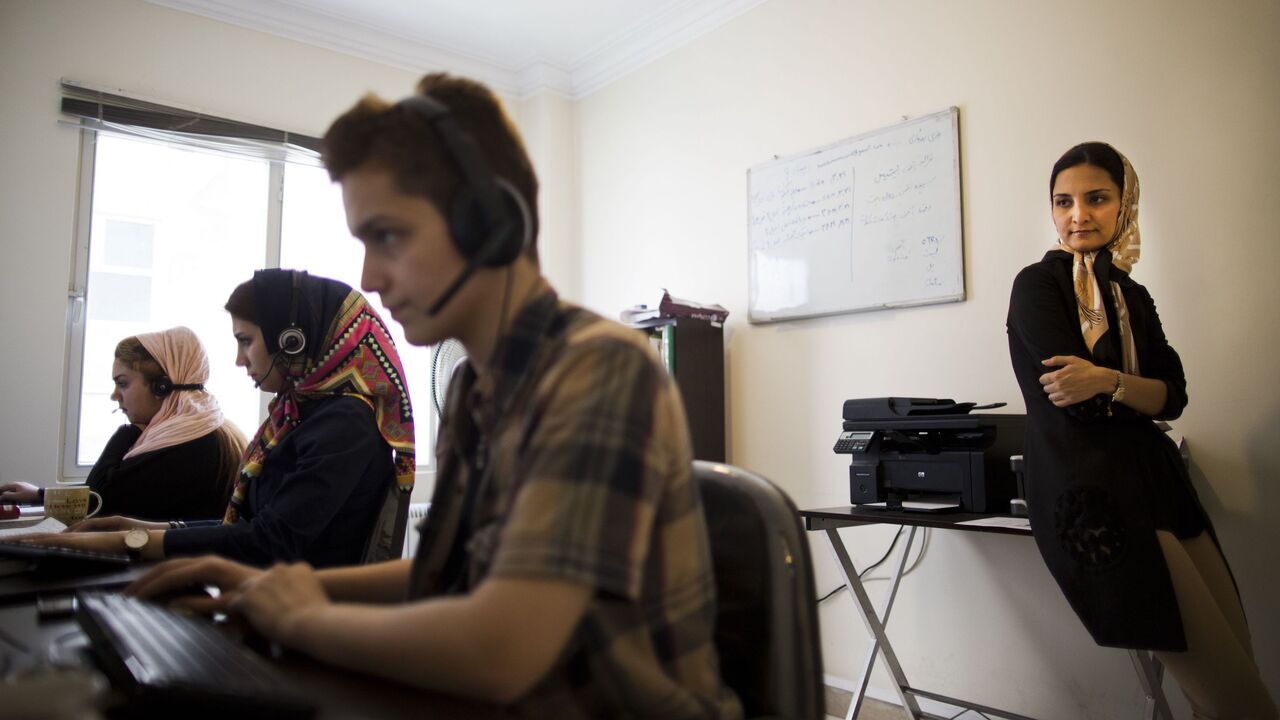Iran Startup News Round‑Up
FINTECH & FUNDING
Toranj’s Regulated Crowdfunding Goes Live – Licensed by the capital‑market off‑shoot Fara Bourse, Toranj Investment Consulting debuted a crowdfunding portal that intends to bankroll ten projects worth 25 billion Tomans during 1404. The launch is significant: it supplies compliant, retail‑sourced capital to founders who have found venture investment scarce, and it formalises crowdfunding as a legitimate asset class inside Iran’s financial stack.
Yektapay and Bank Saderat Super‑charge BNPL – Fintech player Yektapay partnered with Bank Saderat to layer conventional loans on top of its zero‑interest Buy‑Now‑Pay‑Later rails. Having already extended flexible credit to more than 20 000 businesses, the platform can now funnel bank‑grade liquidity to SMEs while Bank Saderat gains data‑driven origination at startup speed—a textbook win‑win.
Profit Proof from Dgshahr and Alopeyk – Logistics outfit Alopeyk booked 39.7 billion Tomans revenue in H1‑1403—70 percent of its total 1402 take—and still squeezed out 2.7 billion Tomans net profit thanks to inflationary tail‑winds and Golrang Group backing. Meanwhile Digishahr lifted net profit 64 percent to nearly 35 billion Tomans on a 207 billion Tomans topline, shrugging off a six‑fold rise in marketing cost because high‑margin commodity‑loan commissions now anchor its P&L. The pair demonstrate that Iranian tech firms can scale revenues and earnings despite macro headwinds.
Myket Dominates the App‑Store Economy – Local app bazaar Myket finished 1403 at 800 billion Tomans revenue, 1.5‑times the previous year. Mobile‑software sales alone delivered 452 billion Tomans, and the marketplace raked in 101 billion Tomans during Esfand, cementing its role as the principal monetisation channel for Android developers shut out of global stores.

MOBILITY & TRAVEL
Tapsi Hits 192 Million Rides and Morphs into a Super‑App – Ride‑hailing pioneer Tapsi closed 1403 with 192 million completed trips, equal to everything it logged in its first three years combined. Daily rides in Esfand topped one million, and the company quietly bolted on mobile‑credit and data‑bundle purchases, replicating the Southeast‑Asian super‑app blueprint and raising switching costs for its drivers and passengers.
Alibaba’s Holiday Heat Map Reveals Resilient Wanderlust – Travel‑platform data showed that Istanbul remained Iranians’ favourite outbound city, while Mashhad led domestic routes; Kish Island won the tour‑package league table. The demand spike confirms that, even amid economic uncertainty, middle‑class consumers prioritise travel—and that Alibaba’s booking funnel captures that spend.
Insurance Mandate Sparks Platform Push‑Back – The government’s proposal to impose compulsory insurance on app‑based drivers met fierce resistance from Snapp and Tapsi, which argue that drivers are freelancers, not employees, and that extra premiums would erode already‑thin margins. The clash foreshadows a larger debate about applying legacy labour rules to gig‑economy models.
E‑COMMERCE & ON‑DEMAND
Divar’s Real‑Estate Map Gets an Upgrade – Classifieds leader Divar refreshed its Android property map with tighter geo‑pinning, visit histories, and custom‑drawn zones, making it easier for house‑hunters to focus on micro‑neighbourhoods—a move that should boost session length and ad‑conversion.
Snapfood Faces Commission Revolt – The head of the Kebab & Traditional Foods Union publicly blasted Snapfood for charging 15–20 percent commissions and delaying payouts, demanding a cut to 3–5 percent. The dispute illustrates how platform growth can strain merchant relations, and it raises questions about who ultimately absorbs digital convenience fees.
Arvan Cloud Spots Holiday Behaviour Shifts – Infrastructure provider Arvan Cloud reported sharp drops in food‑delivery and ride‑hailing traffic during Nowruz, implying families cooked at home and reduced urban trips. Yet tourism portals held steady and job‑search visits spiked after the break, signalling latent labour mobility as the economy resets.
POLICY & DEEP‑TECH SUPPORT
Customs Lifts Cash Burden on High‑Tech Exporters – From 1404, knowledge‑based companies with strong trade records can use Innovation & Prosperity Fund guarantees instead of cash deposits to clear customs. The tweak frees working capital for R&D and accelerates order cycles.
Tourist Rial Cards Approved – The Central Bank authorised 90‑day debit cards for foreigners, pegged to domestic spending caps and loaded via forex purchase. The instrument should lubricate visitor payments and help Iran claw back inbound tourism revenue.
AI Ranking Spurs Funding Surge – Iran sits 60th on the global AI‑readiness index, a lag the Minister of Communications blames on under‑investment. In response, state facilities worth 6.5 trillion Tomans have flowed to knowledge‑based firms, with 1.5 trillion more earmarked for 1404. Separately, the Innovation & Prosperity Fund channelled 4 trillion Tomans to companies at Pardis Technology Park and readied a 350 billion Toman credit line for frontier‑tech startups—evidence that policy makers view AI and deep‑tech as strategic growth engines.
Analyst Takeaway
Iran’s digital economy is stretching in two directions at once: horizontally, as platforms like Tapsi and Yektapay transform into super‑apps; and vertically, as specialised players such as Cinematicket, Dgshahr and Myket entrench profitable niches. Government capital is tilting toward AI and export‑oriented innovators, yet regulatory friction—whether over delivery commissions or driver insurance—shows that the rules of engagement are still catching up to platform realities. Net‑net, the numbers tell a bullish story: online spend is up, profits are possible, and consumer appetite for travel, entertainment and frictionless credit remains intact.














Post Comment